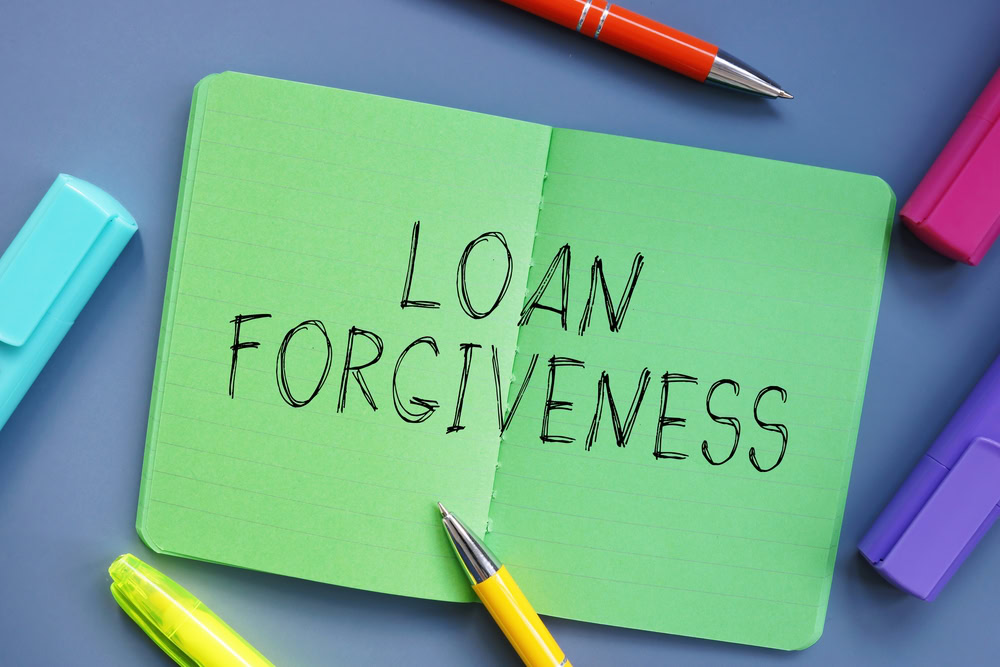Can a Previously Forgiven Debt Be Reclaimed Due to Financial Hardship?
Shafi'i Fiqh
Answered by Shaykh Irshaad Sedick
Question
I forgave a family member’s debt two years after lending them money, but they have not repaid anything. Now, despite my efforts to manage my situation, I am facing financial hardship.
Would it be wrong to ask them to repay the debt I previously forgave, considering they know my struggles and send small amounts to help?
Answer
In the Name of Allah, the Most Merciful and Compassionate.
Once a debt is forgiven, it is no longer binding on the debtor. However, given your financial hardship, you may politely request assistance, but their decision to repay remains voluntary.
Allah (Most High) commands, “O believers! Honor your obligations.” [Quran, 5:1]
The Messenger of Allah (Allah bless him and give him peace) said,
“Muslims are bound by their conditions, except a condition that forbids something permissible or permits something forbidden.” [Tirmidhi]
Reward for Waiving a Debt
In an authentic hadith, the Prophet (Allah bless him and give him peace) narrated the story of a wealthy man who would command his workers to be lenient with those struggling to repay debts. Because of this, Allah (Most High) forgave him:
“A man from those before you was taken to account, and nothing good was found with him except that he would mix with people and, being well-off, would instruct his servants to grant ease to those in difficulty. Allah (Most High) said: ‘We are more deserving of this than him—pardon him.’” [Muslim]
In another narration, Allah (Most High) questioned a servant about his wealth and admitted that he would be lenient in transactions. Allah (Most High) responded:
“I am more deserving of this than you—pardon My servant.” [Ibid.]
Addressing Your Situation
When you forgive a debt, it becomes a voluntary act of kindness and charity. According to Islamic teachings, a debt is no longer binding on the debtor once it is forgiven.
However, given that your financial circumstances have changed, there is no harm in approaching the family member and explaining your situation. If they are willing to assist you, whether by voluntarily repaying the debt or supporting you in another way, it would be an act of goodwill and familial support. If asking them causes unnecessary tension, seek other means of financial relief, and place your trust in Allah.
May Allah (Most High) grant you ease and bless you with abundant sustenance.
And Allah (Most High) knows best.
[Shaykh] Irshaad Sedick
Checked and Approved by Shaykh Mohammad Abu Bakr Badhib
Shaykh Irshaad Sedick was raised in South Africa in a traditional Muslim family. He graduated from Dar al-Ulum al-Arabiyyah al-Islamiyyah in Strand, Western Cape, under the guidance of the late world-renowned scholar Shaykh Taha Karaan (Allah have mercy on him), where he taught.
Shaykh Irshaad received Ijaza from many luminaries of the Islamic world, including Shaykh Taha Karaan, Shaykh Muhammad Awama, Shaykh Muhammad Hasan Hitu, and Mawlana Abdul Hafeez Makki, among others.
He is the author of the text “The Musnad of Ahmad ibn Hanbal: A Hujjah or not?” He has been the Director of the Discover Islam Centre, and for six years, he has been the Khatib of Masjid Ar-Rashideen, Mowbray, Cape Town.
Shaykh Irshaad has fifteen years of teaching experience at some of the leading Islamic institutes in Cape Town). He is currently building an Islamic podcast, education, and media platform called ‘Isnad Academy’ and has completed his Master’s degree in the study of Islam at the University of Johannesburg. He has a keen interest in healthy Prophetic living and fitness.
